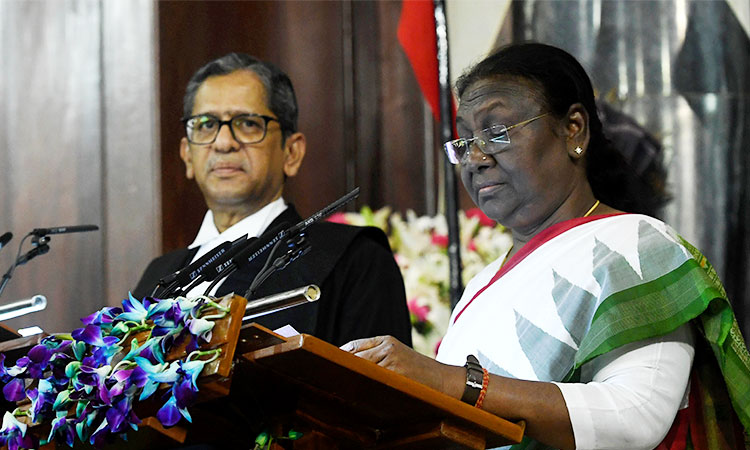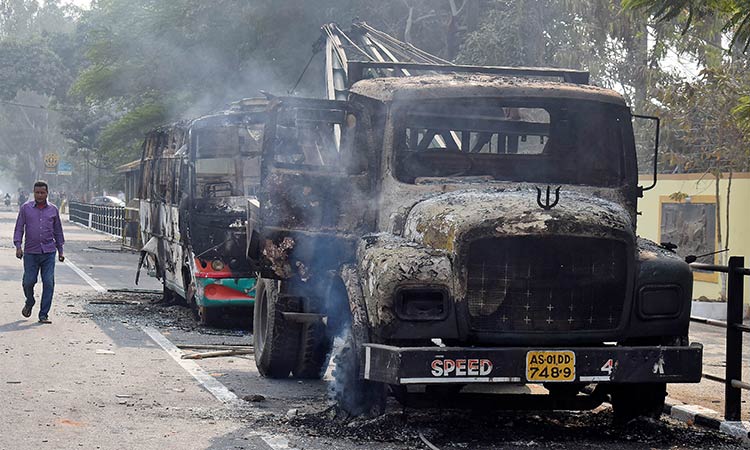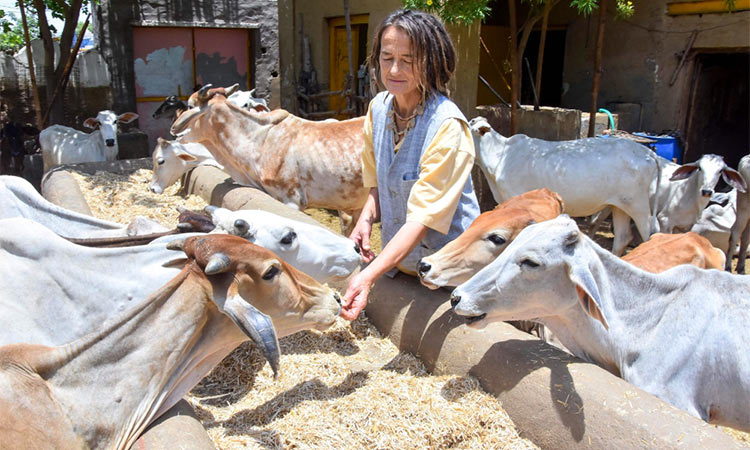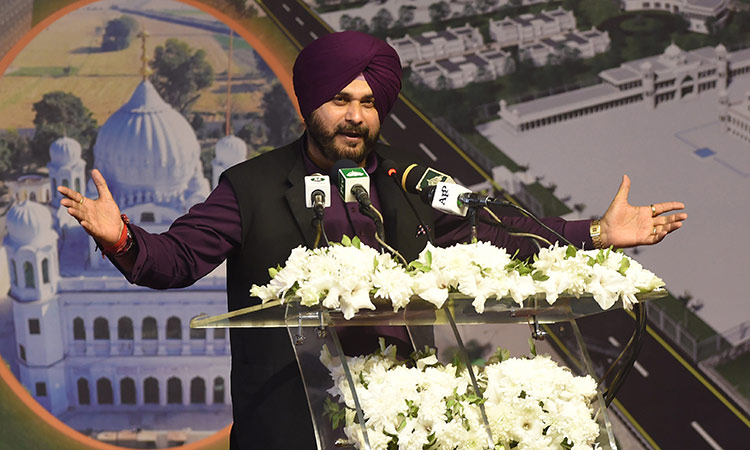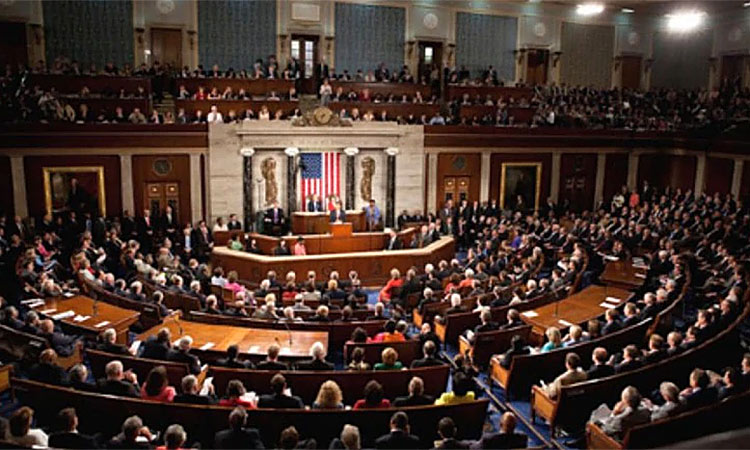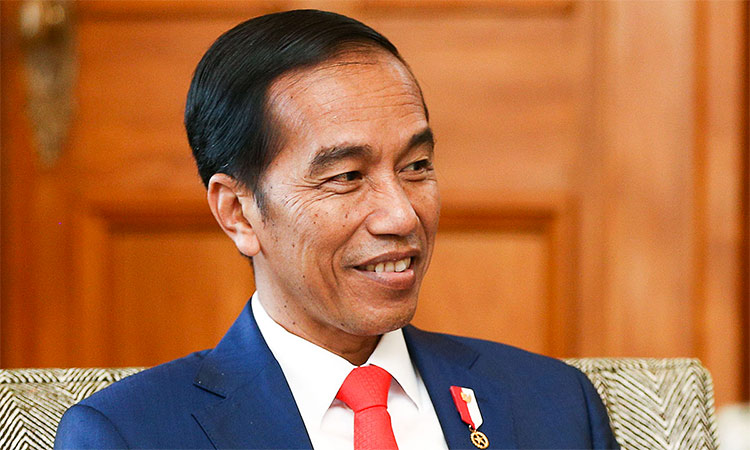Bid to extend footprint to east and south
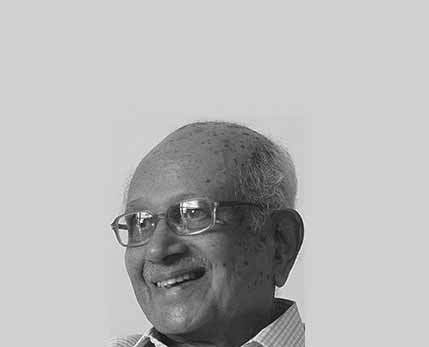
BRP Bhaskar
@brpbhaskarIndian journalist with over 50 years of newspaper, news agency and television experience.
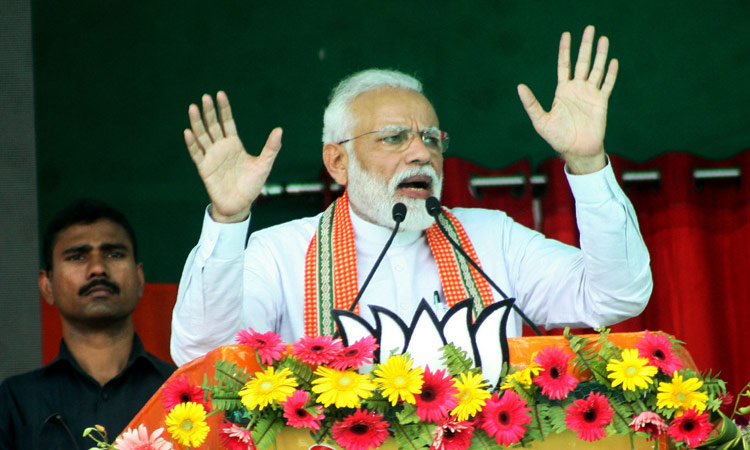
Narendra Modi
Reason: the outcome of these elections will indicate how far Prime Minister Narendra Modi has succeeded in making his Bharatiya Janata Party truly national.
Six parties are recognised by the Election Commission as national parties. But for most of the past seven decades the Congress was the only one that had pan-Indian presence. As its influence shrank, different parties gained prominence in different parts of the country.
The BJP is the only party that grew nationally in recent years. But in the south and the east its presence is still thin.
The three states where elections are to be held in April and May are Tamil Nadu and Kerala in the south and West Bengal in the east. Until recently all three were distinctly cool to the BJP’s Hindutva ideology.
The last Assembly elections in these states were held in 2016, two years after Modi led the BJP to power at the Centre. But the party got just three seats in Bengal (total seats 294), one in Kerala (total 140) and none in Tamil Nadu (total 234).In the 2019 Lok Sabha elections it was able to win 18 of Bengal’s 42 seats but drew a blank in Tamil Nadu (total 39 seats) and Kerala (total 20).
The southern states’ coolness to the BJP arises from the perception that it is a political instrument of caste supremacists.
In the colonial period the regions had witnessed powerful movements against casteism, led by reformers who sprang from the middle and lower rungs of Hindu hierarchy. Kerala created history by voting the Communist Party of India to power in 1957, just 10 years after Independence. Since the 1980s, two fronts, one led by the Congress and the other by the CPI (Marxist), have been alternating in power in the state.
In Tamil Nadu (then known as Madras), the Dravida Munnetra Kazhagam, a party which takes pride in the region’s pre-Aryan culture, seized power from the Congress in1967. The state has been ruled by either DMK or its breakaway group, All India Anna DMK. The Congress and the two Communist parties now fight elections in the state as DMK’s junior partners.
Bengal was where the British first established their Indian government. This region, too, witnessed reform movements. But they were led by the upper crust of Hindu society, known as Bhadralok. All Chief Ministers of the state so far, including those of the CPI(M)-led Left Front, came from the Bhadralok ranks.
In 2011, Mamata Banerjee, a woman leader who quit the Congress to form the regional Trinamool Congress, put an end to the Left Front’s unbroken rule of more than three decades.
In Bengal and Kerala the BJP is projecting itself as a contender for power. In Tamil Nadu it has settled for a modest role as a junior partner of the AIADMK, which has been ruling the state since 2011.
Modi and Home Minister Amit Shah, the BJP’s chief election strategists, are devoting a lot of attention to all three states. Bengal is their highest priority.
The attempt to go from just three seats in the outgoing Assembly to absolutely majority in the next may appear to be over-ambitious but the BJP had accomplished something like that in Tripura three years ago. It did not have even one seat in the outgoing Assembly but captured power from the CPI(M)-led front there in 2018.
The party does not rely solely on its cadres to work such miracles. In Bengal, the BJP has engineered massive defections from the TMC. Modi and Shah are its star campaigners in the state. In Kerala, Modi dedicated a slew of projects to the nation. In Tamil Nadu, Modi brought all AIADMK factions together to meet the DMK challenge.
A new feature of the BJP’s strategy is the use of Central investigative agencies. For many months they have been digging into some Kerala and Bengal cases for evidence of involvement of ruling party leaders or their relatives in smuggling and money laundering.
They have come up with nuggets which make sensational headlines. What impact their efforts will have on the electorate remains to be seen.
The BJP says the investigations are related to corruption charges. But there are no such investigations in Tamil Nadu where the BJP has aligned itself with the ruling AIADMK.
